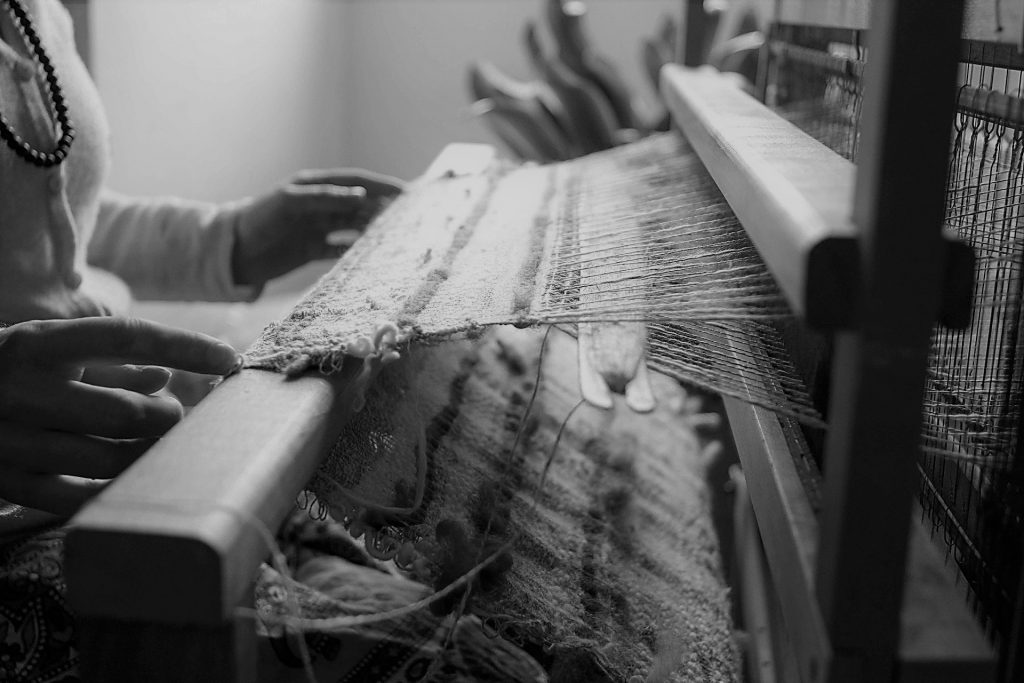Yesterday, July 1, 2020, the United States Department of State issued a business advisory which serves to “caution businesses about the risks of supply chain links to entities that engage in human rights abuses.” One such entity is the Chinese government, which forces Uyghurs and other Muslims into concentration camps throughout Xinjiang Uyghur Autonomous Region, where the engage in coerced labor. Such labor has been intrinsically tied to the supply chains of numerous American clothing and technology brands. According to the State Department:
“The three primary types of supply chain exposure to entities engaged in human rights abuses discussed in this advisory are:
- Assisting in developing surveillance tools for the P.R.C. government in Xinjiang;
- Relying on labor or goods sourced in Xinjiang, or from factories elsewhere in China implicated in the forced labor of individuals from Xinjiang in their supply chains, given the prevalence of forced labor and other labor abuses in the region; and
- Aiding in the construction of internment facilities used to detain Uyghurs and members of other Muslim minority groups, and/or in the construction of manufacturing facilities that are in close proximity to camps operated by businesses accepting subsidies from the P.R.C. government to subject minority groups to forced labor.”
For the entire advisory by the U.S. State Department, click here.
In March 2020, the Congressional-Executive Commission on China Staff Research Report confirms that “satellite imagery, personal testimonies, and official documents indicate that the XUAR authorities are systematically forcing predominantly Muslim ethnic minorities, including Uyghurs, Kazakhs, and others, to engage in forced labor.” The report also lists a handful of companies that are suspected to have relationships with suppliers in China that engage in forced labor, including: Adidas, Calvin Klein, Coca-Cola Company, H&M, Nike, Tommy Hilfiger, among many more. Xinjiang expert Adrian Zenz cautions that “soon, many or most products made in China that rely in part on low-skilled, labor-intensive manufacturing, could contain elements of involuntary ethnic minority labor from Xinjiang.”
In the United States Department of State;s 2019 Trafficking in Persons report, they make the following recommendations:
- “End forced labor in government facilities, in nongovernmental facilities converted to government detention centers, and by government officials outside of the penal process.
- Abolish the arbitrary detention and forced labor of persons in internment camps in Xinjiang and immediately release the individuals detained therein.
- Cease discriminatory hiring and targeted displacement policies putting Muslim and other minority communities at risk of trafficking.
- Respecting due process, vigorously investigate, prosecute, and impose prison sentences on perpetrators of forced labor and sex trafficking, including complicit government officials.”
The publication of this advisory piggybacks on the passage and ratification of the Uyghur Human Rights Policy Act (S.3744) and the introduction of the Uyghur Forced Labor Prevention Act in both the House (H.R.6210) and Senate (S.3471).
United States Commission on International Religious Freedom (USCIRF) commissioner Nury Turkel applauded this publication, stating “This is an important step in our struggle against the modern slavery of Uyghur and other Muslims. With this business advisory, American companies can no longer claim ignorance of the gross human rights violations in their supply chains. We also call on the global business community, especially leading apparel brands and retailers, to ensure that they are not bolstering or benefitting from the Communist Party’s ongoing genocidal policies, religious repression, and forced labor in the Uyghur region.”

